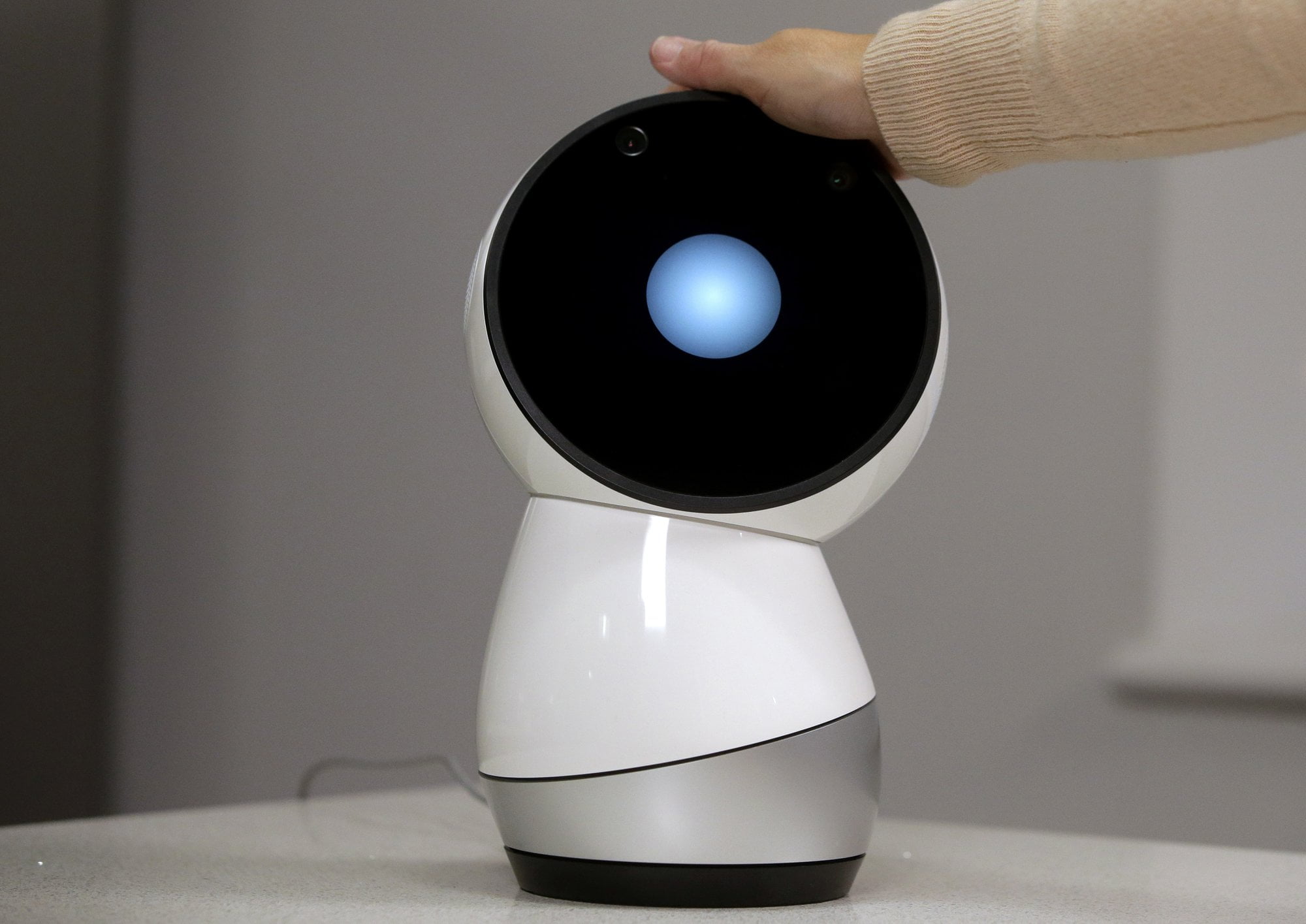It doesn't matter how cute current robots and devices are, it doesn't matter how smiling and "cuddly" their faces are or how cute the sounds they use to tell us things are: it doesn't even matter how persuasive their synthesized voice may be, they will never return your affection.
Yet there are those in America who shed real tears when the servers that remotely drove Jibo, the "social" robot developed by a former MIT researcher, had to shut down after the visionary (and namesake) company burned 73 million of dollars in a colossal failure.
They cried, seriously. They cried out of affection, out of sadness, and for the warm farewell words that the sad little robot uttered, warning of his "death".
It was great to spend time together. Maybe one day, when the robots are much more advanced than today and everyone will have one at home, you can tell yours that one day I said goodbye
Jibo's 'farewell' speech
The stories of people who emotionally bond with Jibo-type robots are moving, but they have something really disturbing in them, as reported by a recent alarm launched by the Associated Press: companies exploit (and will increasingly do) human emotions, especially those of children, by designing the objects they will sell us to make them more apparently emotionally involved than they are.
Friends in a flash
Human beings naturally establish connections with anything, be it an automatic vacuum cleaner or a robot with a vague anthropomorphic shape: more, experts say, they have a natural tendency to attribute intentions and consciousness to things that seem to act with a purpose.
“The display of empathy IS NOT empathy,” the MIT researcher says bluntly Sherry Turkle, engaged in the field of artificial intelligence. “Simulated thinking is somehow a form of thinking, but simulated feeling is never a feeling. And a simulated love is never love.”
When a robot does something adorable or shows what at first glance seems like genuine emotion, keep in mind that they are acting thanks to human “prompters” who have written this script especially for them (and for you), but unfortunately this will not form the basis of a friendship: if this seems obvious to you, explain it well to your children.


